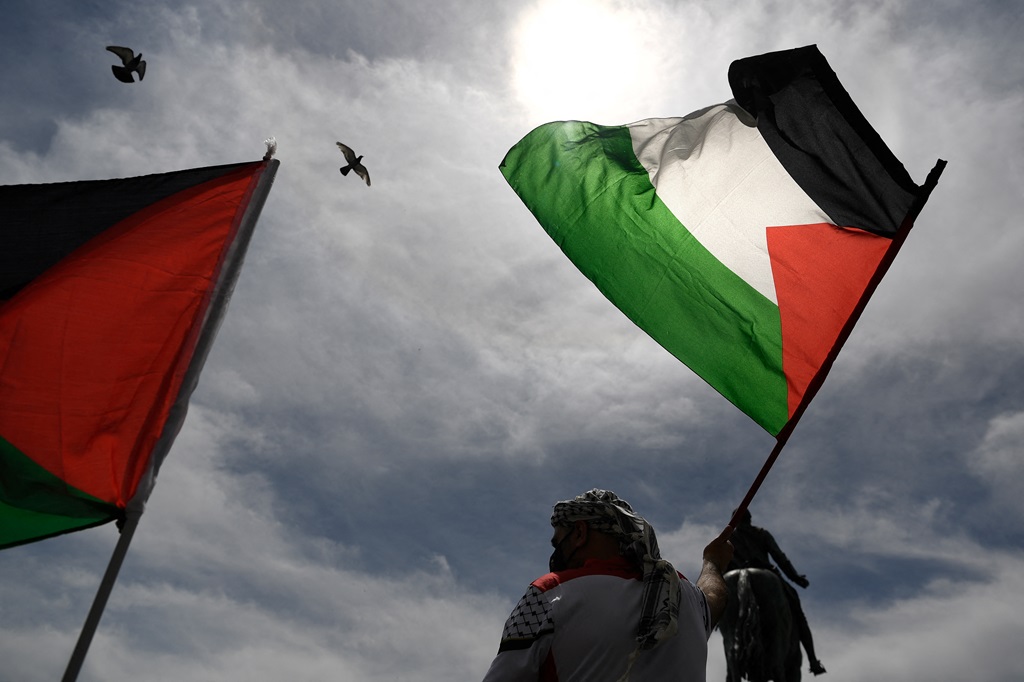Recognition of the State of Palestine: Between Diplomatic Momentum and Economic Reality

This wave of recognitions came during the 80th session of the United Nations General Assembly, where 11 countries, including Britain, Australia, Canada, and France, announced their intention to recognize the State of Palestine. These steps reflect a shift in the international stance that has begun to lean towards enhancing Palestinian rights after years of stagnation.
However, the question that arises is how much these recognitions will affect the economic reality of the Palestinian people on one hand, and the Israeli economy on the other. Economic experts believe that these steps remain of limited impact on the ground in the short term, despite their significant political and diplomatic importance.
The Palestinian economy still suffers from a near-total dependency on the Israeli economy, as Israel controls the crossings, borders, and natural resources, and imposes the Israeli currency as the circulating currency. This reality makes it difficult to translate diplomatic recognitions into tangible economic gains, despite the possibility of contributing to enhancing international aid and improving the status of Palestinian institutions in the global financial system.
On the other hand, it seems that the greater impact will be on the Israeli economy, as these recognitions may deepen Israel's international isolation and open the door to the imposition of economic sanctions. Some Israeli sectors, such as construction, have begun to feel the repercussions, with Israeli companies tending to invest abroad instead of domestically.
The reality indicates that these recognitions represent an escalating diplomatic pressure on Israel, but their effectiveness remains contingent on the international community's ability to transform them from symbolic positions into practical measures. The recognizing countries, especially the European ones, still maintain strong economic ties with Israel, with the European Union being Israel's largest trading partner.
While the wave of recognitions of the State of Palestine represents a diplomatic victory for the Palestinian cause, translating this momentum into tangible reality on the ground requires more than just diplomatic recognitions. It needs a genuine international will to confront Israeli policies and internal Palestinian reforms that enhance the economy's ability to withstand challenges.